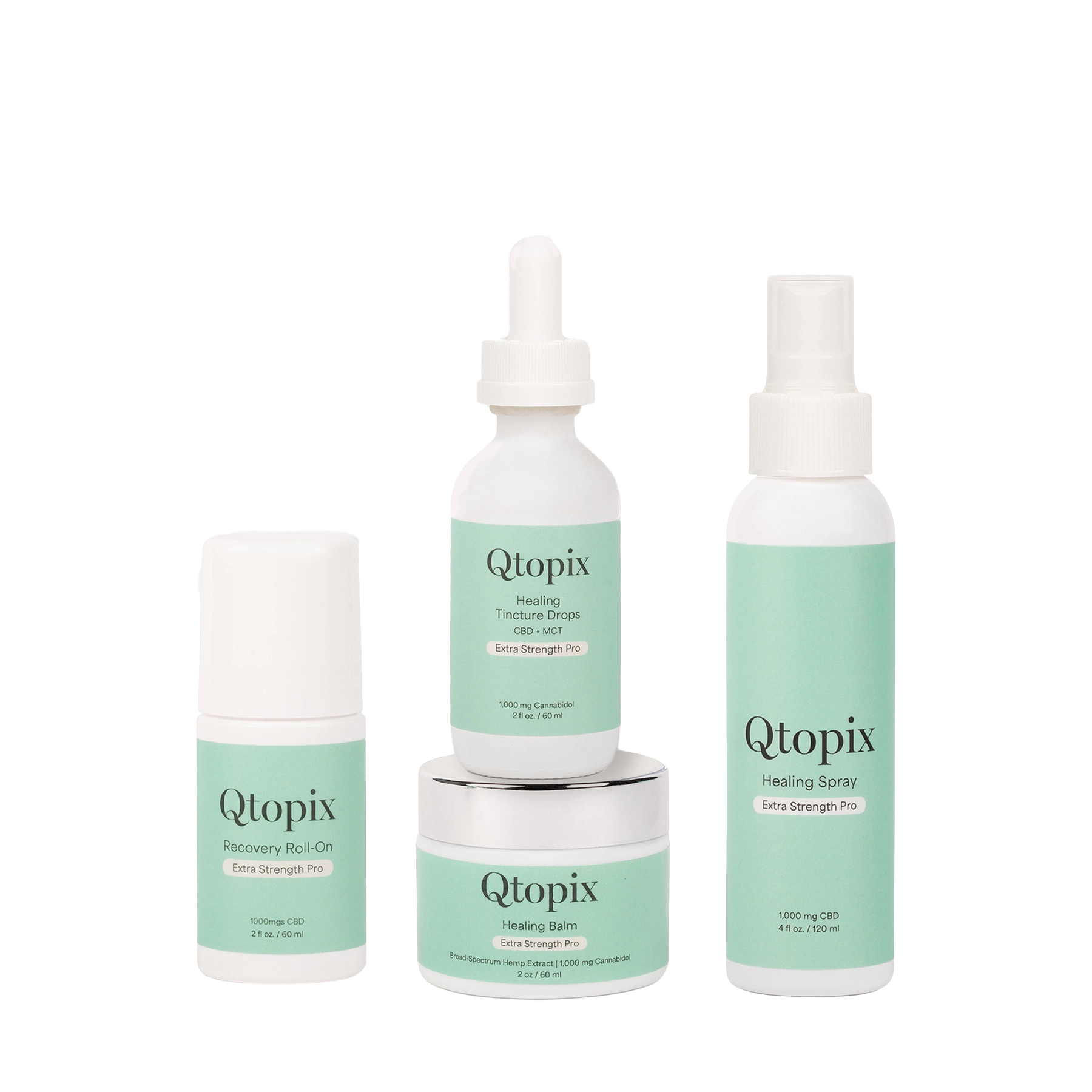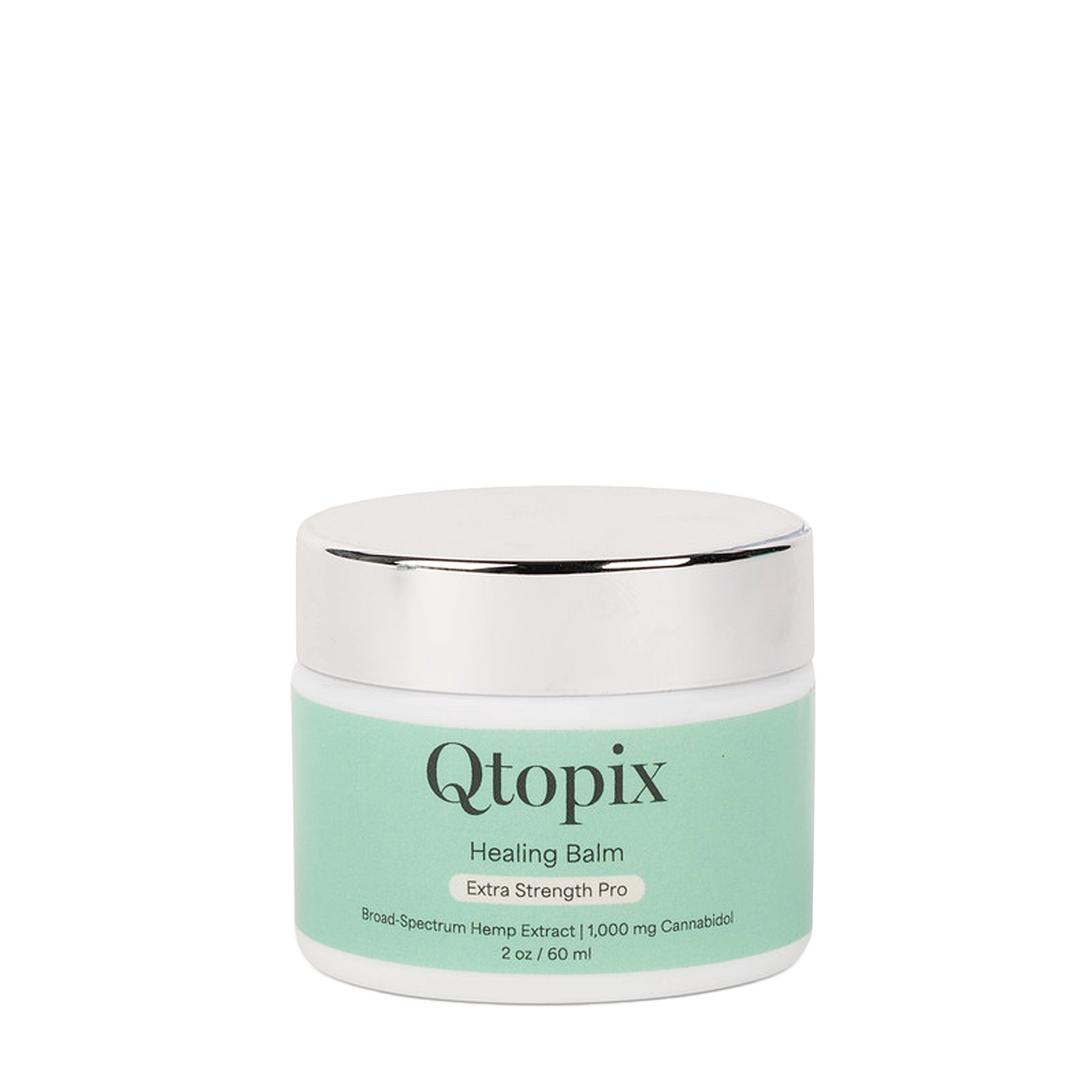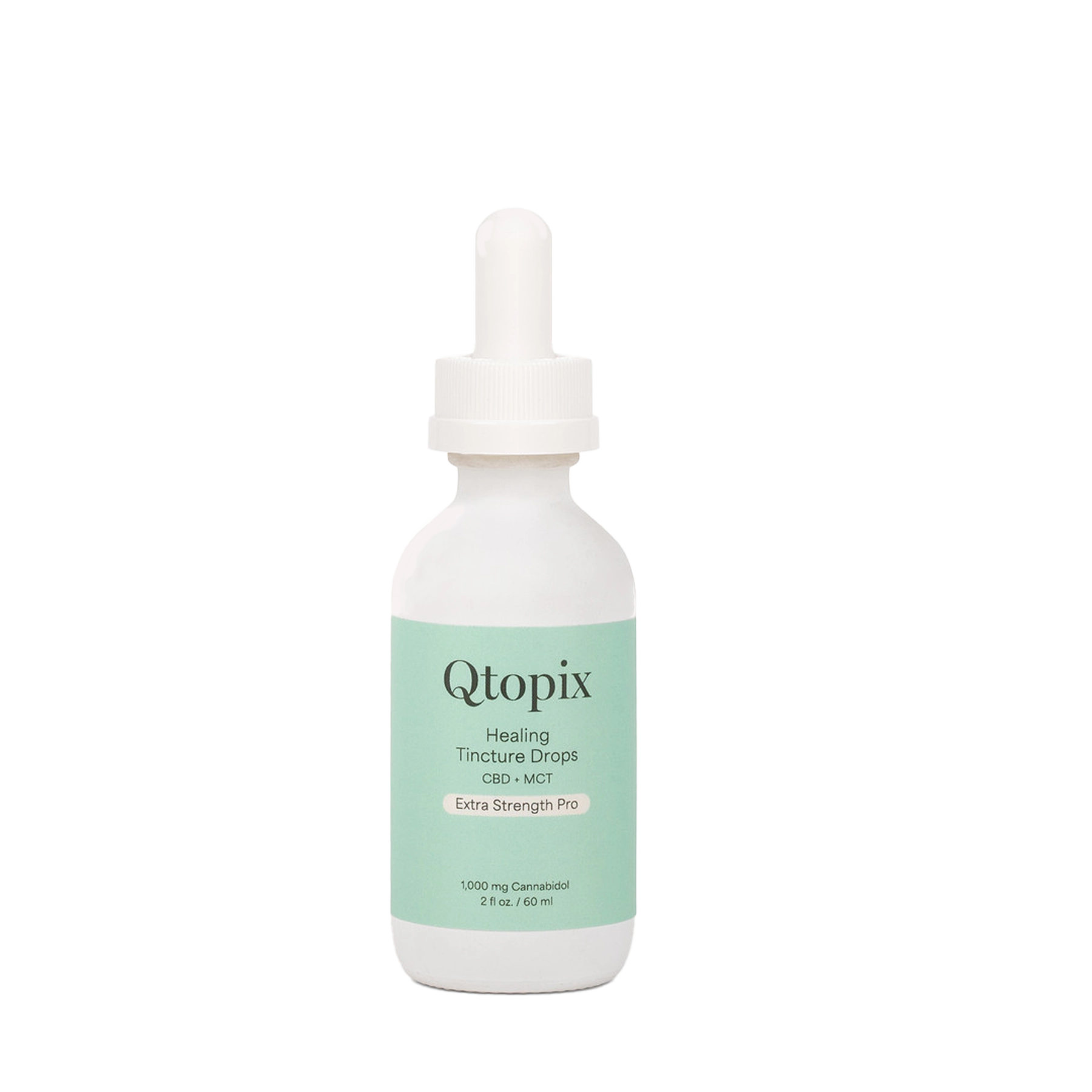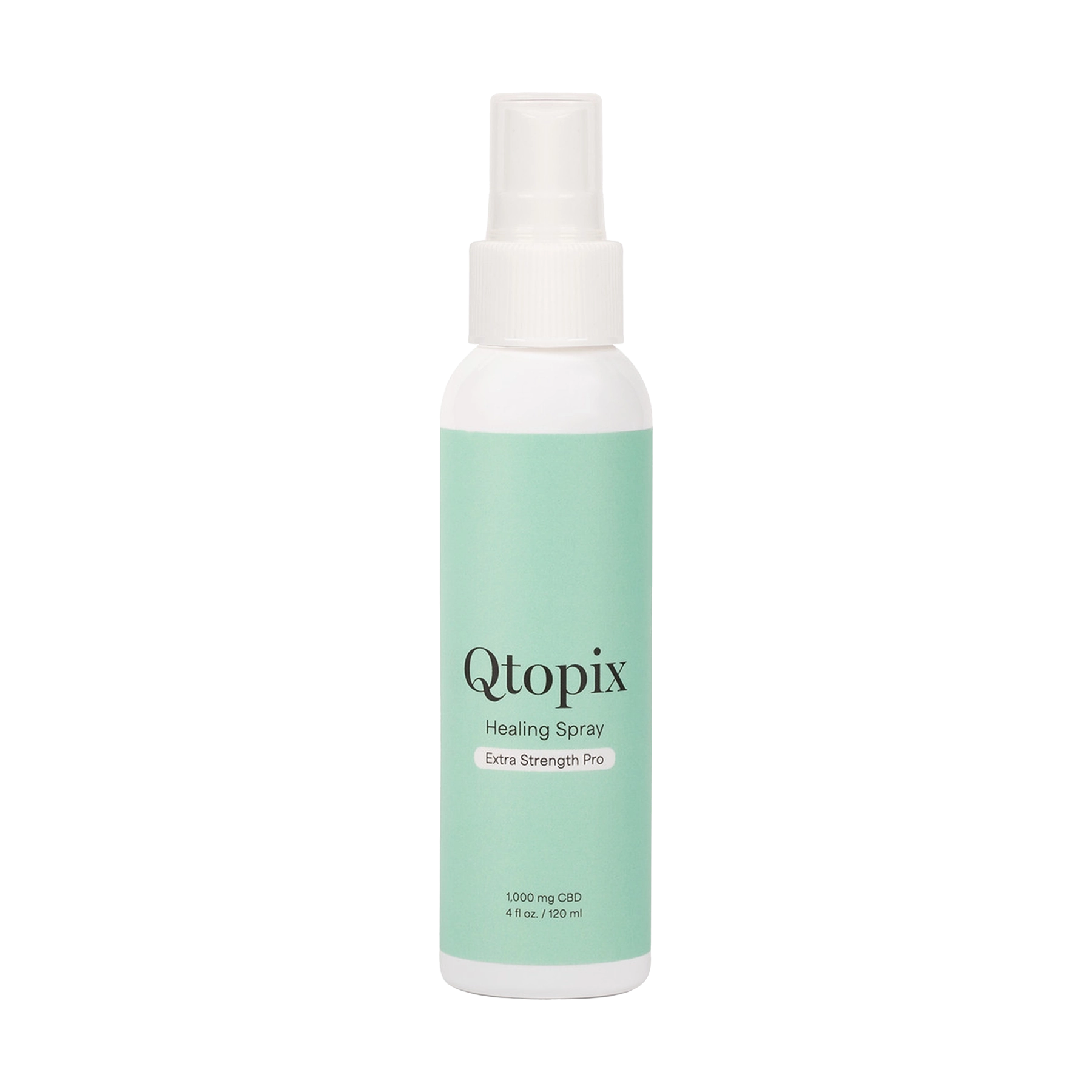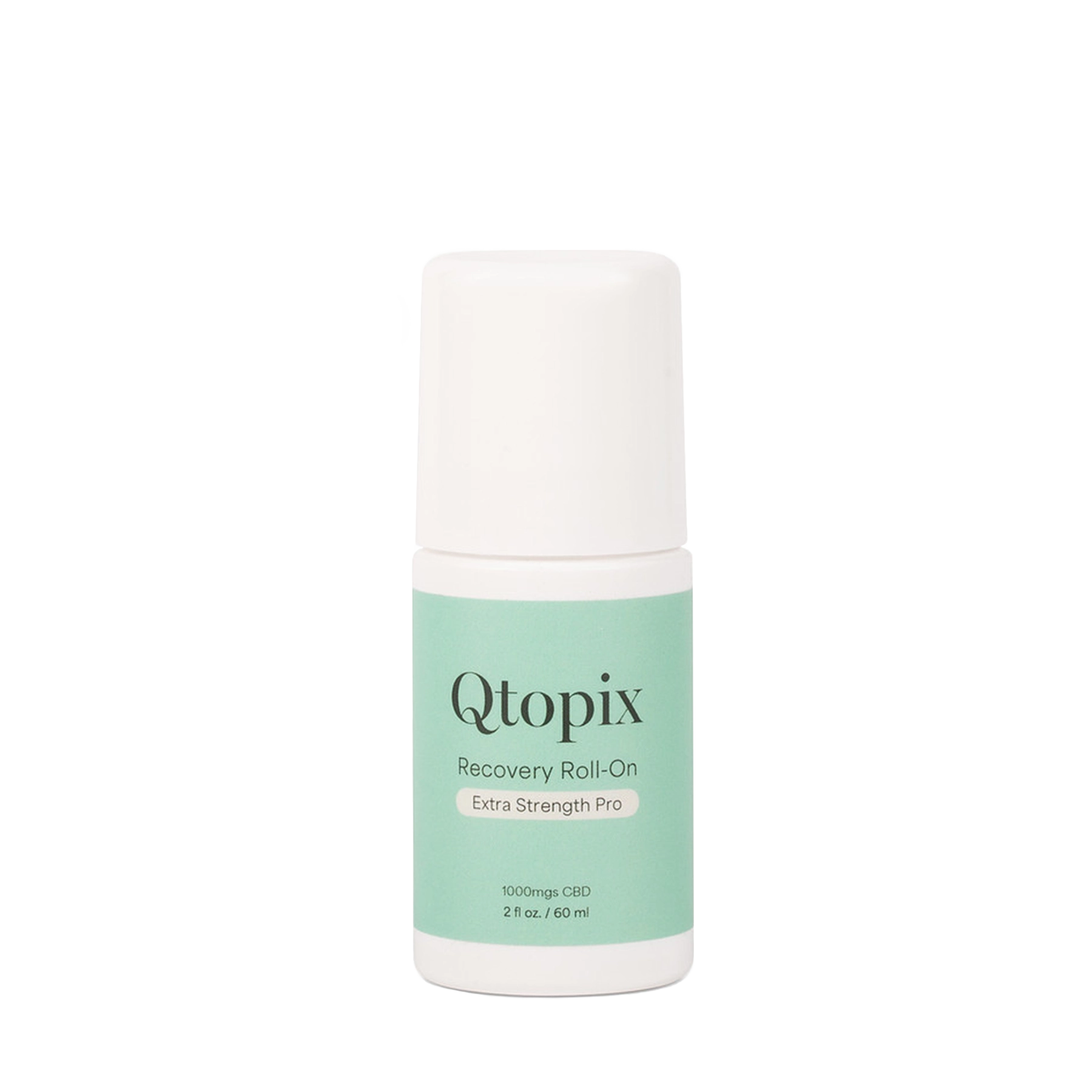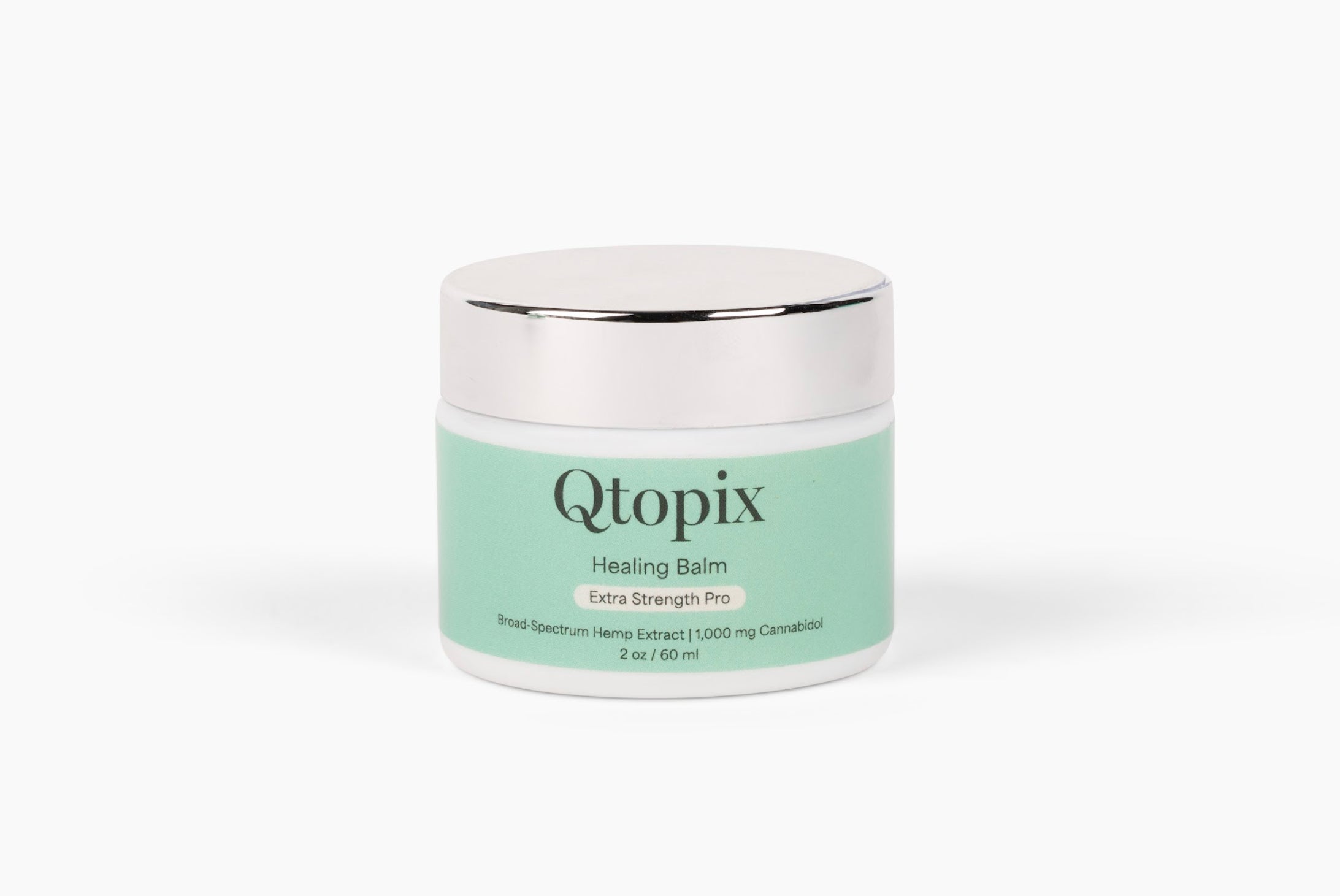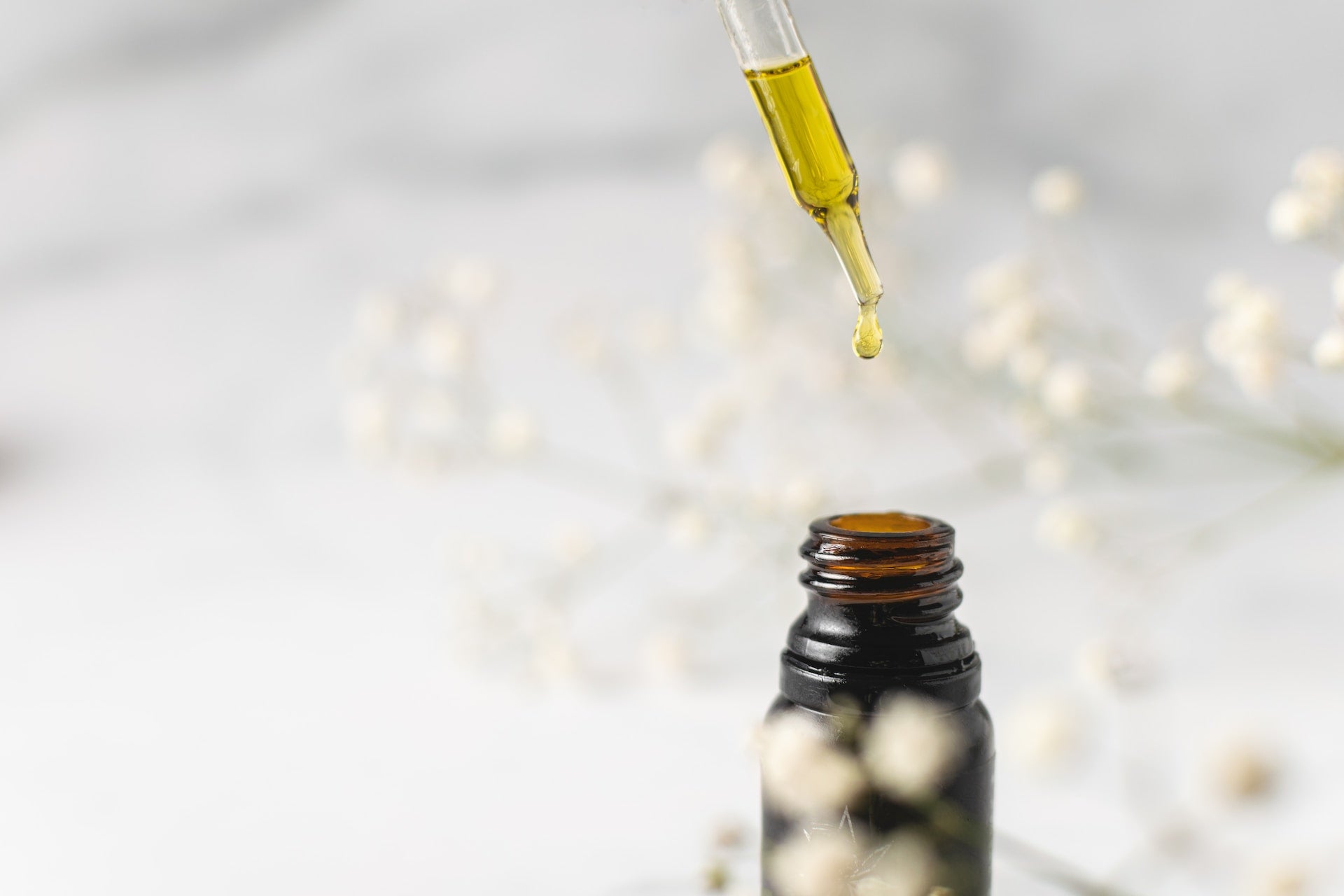As medical cannabis gains traction worldwide, the compounds responsible for its therapeutic properties, cannabidiol (CBD) and tetrahydrocannabinol (THC), have captured the attention of both medical professionals and the general public. While both CBD and THC exhibit unique benefits and potential side effects, understanding their distinct characteristics is crucial for reaping the full therapeutic advantages of medical cannabis.
In this educational article, we will elucidate the core differences between CBD and THC, including their individual health benefits, potential side effects, and how these two substances work synergistically to provide optimum results in various medical conditions. By increasing your knowledge of these vital compounds, you will be better equipped to make informed decisions when considering incorporating medical cannabis compounds, such as medical grade CBD offered by Qtopix, into your health and wellness journey.
CBD and THC: An Overview of the Two Main Cannabinoids
Before diving into their differences, it's essential to lay the groundwork for understanding CBD and THC as the two primary cannabinoids found in cannabis plants. Both compounds interact with cannabinoid receptors present in our endocannabinoid system (ECS), which plays a crucial role in regulating a variety of physiological processes, such as mood, appetite, pain, and immune function.
While CBD and THC share a similar chemical structure, their distinct arrangement is responsible for their differing impacts on the body. CBD is non-psychoactive, meaning it doesn't produce the "high" commonly associated with cannabis use. Conversely, THC is psychoactive, responsible for the euphoria and altered states of consciousness experienced during cannabis consumption.
Health Benefits of CBD
CBD has garnered significant attention for its wide range of potential health benefits, backed by growing scientific research. Some of the most notable benefits of CBD include:
- Pain relief: CBD has demonstrated potent analgesic properties in numerous studies, providing relief from various types of pain, including chronic pain, neuropathic pain, and inflammation-related pain.
- Anxiety and depression management: CBD's ability to interact with serotonin receptors makes it a promising candidate for treating anxiety and depression.
- Reducing seizures: CBD has been proven effective in treating epilepsy, particularly in rare and severe forms such as Dravet syndrome and Lennox-Gastaut syndrome. Epidiolex, a CBD-based medication, has even been approved by the FDA for these conditions.
- Neuroprotection: Emerging research suggests that CBD may have neuroprotective properties, potentially slowing the progression of neurodegenerative diseases like Alzheimer's, Parkinson's, and multiple sclerosis.
Health Benefits of THC
THC is more widely known for its psychoactive effects; however, research has identified various therapeutic effects as well:
- Pain relief: Similar to CBD, THC has also shown potential in treating pain by influencing pain-signaling pathways in the brain.
- Appetite stimulation: THC has been identified as a potent appetite stimulant, proving valuable for patients with conditions like cancer or AIDS who struggle with appetite loss.
- Anti-emetic: THC has proven effective in reducing nausea and vomiting, particularly in cancer patients undergoing chemotherapy.
- Managing insomnia: THC has shown promise in promoting sleep by reducing sleep latency and increasing slow-wave sleep in patients with various sleep disorders.
Differences in Side Effects: CBD vs. THC
Both CBD and THC are generally considered safe and well-tolerated compounds. However, THC is more likely to cause side effects due to its psychoactive nature. Some common side effects associated with THC include increased heart rate, dry mouth, red eyes, impaired memory, and slowed reaction time.
In contrast, side effects linked to CBD are relatively rare and often mild, including tiredness, diarrhea, and changes in appetite or weight. It's worth noting that CBD has been deemed safe by the World Health Organization, even in high doses.
Synergistic Effects: The Entourage Effect
While CBD and THC can offer individual benefits, research suggests that these compounds work more effectively together. This concept, known as the "entourage effect," implies that the therapeutic impact of the whole cannabis plant is greater than the sum of its individual components.
For example, CBD has demonstrated the potential to manage THC-induced side effects like anxiety and cognitive impairment, while THC can enhance CBD's anti-inflammatory and pain-relieving properties. Striking the optimal balance between CBD and THC is crucial for maximizing their synergistic effects in treating various conditions.
Legality and Availability
Understanding the legal status of CBD and THC is essential when considering their use. In the United States, CBD derived from hemp (containing less than 0.3% THC) is federally legal, with some state-specific regulations. However, THC remains a Schedule I substance under the U.S. Controlled Substances Act, and its legal status varies among states, with some allowing medical use and others permitting recreational use as well.
Choosing the Right Product: CBD, THC, or Both
Considering the unique benefits of CBD and THC, as well as their potential synergistic effects, selecting the right product depends on individual needs and local regulations. For those seeking the therapeutic benefits of medical cannabis without the psychoactive effects of THC, medical grade CBD products offer a promising alternative.
In states where THC is legal, patients may consider full or broad-spectrum CBD products containing small amounts of THC to maximize the entourage effect. Always consult with a healthcare professional before incorporating these compounds into your health regimen to ensure safe and effective use.
Unlock the Power of Medical Cannabis Compounds with Qtopix
Understanding the key differences and benefits of CBD and THC is crucial for optimizing the therapeutic potential of medical cannabis compounds. From alleviating pain to managing mental health conditions, these powerful cannabinoids offer numerous health benefits, either individually or in synergy.
As you embark on your journey to a healthier lifestyle, consider exploring the world of medical cannabis through the premium, high-quality CBD products available at Qtopix. Backed by rigorous testing and manufacturing standards, our medical grade CBD is designed to provide you with a safe, effective, non-psychoactive alternative. Maximize your well-being by incorporating the benefits of CBD, THC, or both into your wellness journey with Qtopix today.

